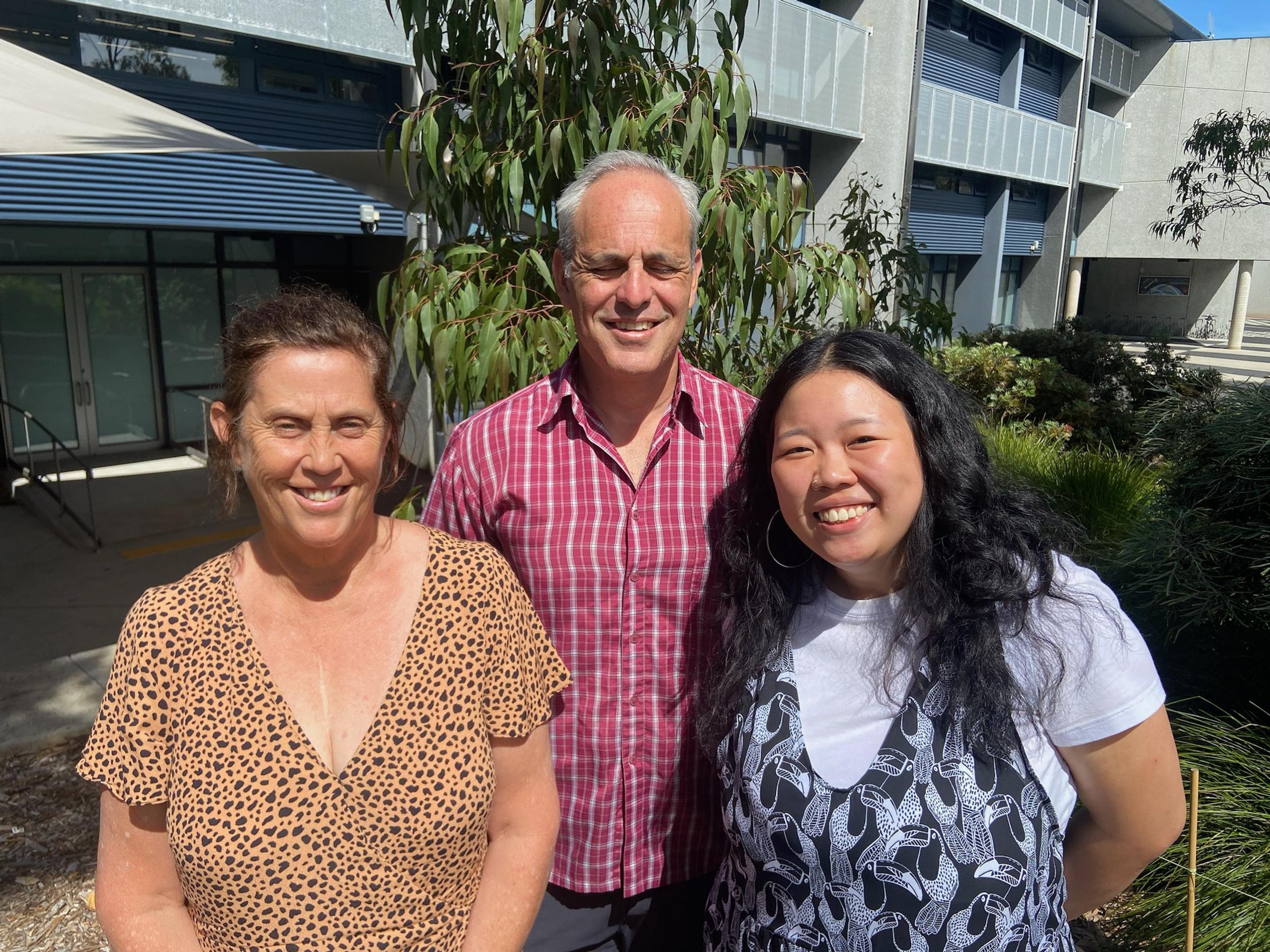Wellbeing News
Hacks to manage social media and digital distractions

Wellbeing News
Hacks to manage social media and digital distractions
Social Media is drastically impacting young people’s mental health, productivity, creativity, communication, focus and social skills.
Documentaries like ‘The Social Dilemma’ on Netflix, illustrate specific ways technology is designed to be addictive and distracting.
In this article, I draw from the work of Max Stossel from socialawakening.org to summarise ten meaningful actions that young people can employ, to better manage their relationship to their devices and social media.
1. Remember, social media isn’t anything close to real!
We know we’re putting on filters and only sharing our best moments… but it’s still really challenging to compare the “behind-the-scenes” of our lives with everyone else’s highlight reel. Pay attention to how social media is making you feel, and try to notice when you’re taking actions in the real world not for you, but for social media.
2. Turn Off Autoplay
Turning off Autoplay on laptop, mobile and installing DF Youtube are helpful to get rid of some of the suggestions, which helps to avoid the situation where you meant to watch one YouTube video but wake up two hours later in a daze.
3. Use a physical alarm clock
Charge your device outside the bedroom and get a separate alarm clock in your bedroom. This way, you can wake up without getting sucked into your phone first thing in the morning. This allows you to wake up and think your own thoughts as well as prevents you from immediately introducing stress and anxiety into your day. If you have your bedroom as a device-free zone, this can do WONDERS for quality of sleep.
4. Phone-Free zones
Setting zones with your friends and family, like “no phones during lunch/dinner” can be a helpful tool.
5. Blue light & sleep
Research shows that blue light (which is emitted from most screens) negatively impacts our quality of sleep. Features like Nightshift help reduce the amount of light from our screens. Nothing beats winding down with no screen time for at least an hour before going to sleep.
6. Ask the right questions
Instead of asking yourself “Do I like this game/app?” Ask: “How does this game/app make me feel?” This allows us to separate the focus from how much time we’re spending on something versus how it impacts us on a human level
7. Unfollow Accounts That Make You Feel Badly About Yourself
Comparing ourselves to others on social media can create depression and anxiety. Getting messages from people that make us feel badly about ourselves also just doesn’t feel good. Go through your following on Instagram & Snap, and if seeing their name doesn’t bring you joy, or gratitude, or value of some kind, unfollow them.
8. Turn off all notifications except from people.
Most notifications are generated by machines, not actual people. They keep our phones vibrating to lure us back into apps we don't really need to be on. Turn off all notifications, banners, and badges, except from apps where real people want your attention.
9. Delete toxic apps
This one is tough, but effective! It’s the easiest way to cut back and improve your mental health, as these apps can easily gobble up so much of our time and wellbeing. This does not mean stop messaging and sharing pictures and videos with your friends. It just means moving those conversations to less toxic digital environments.
You can also ask, what is that one app/game that sucks you in the most but leaves you with regret? Delete that one! NOTE: This is FAR more effective when done with friends.
10. Greyscale
Colourful icons give our brains shiny rewards every time we unlock. Set your phone to grayscale to remove those positive reinforcements. It helps many people check their phone less, as well as creates a moment of mindfulness. “Ugh this thing is grey… why did I pick it up again? Did I mean to?”
The Wellbeing Counselling staff at John Monash are often engaged in conversations with students around mental health, procrastination, digital distraction and time management.
If you would like to have a chat with a JMSS School Counsellor with any of these and related issues please contact George Vlamakis at george.vlamakis@jmss.vic.edu.au
~ George Vlamakis (Student Wellbeing Coordinator)